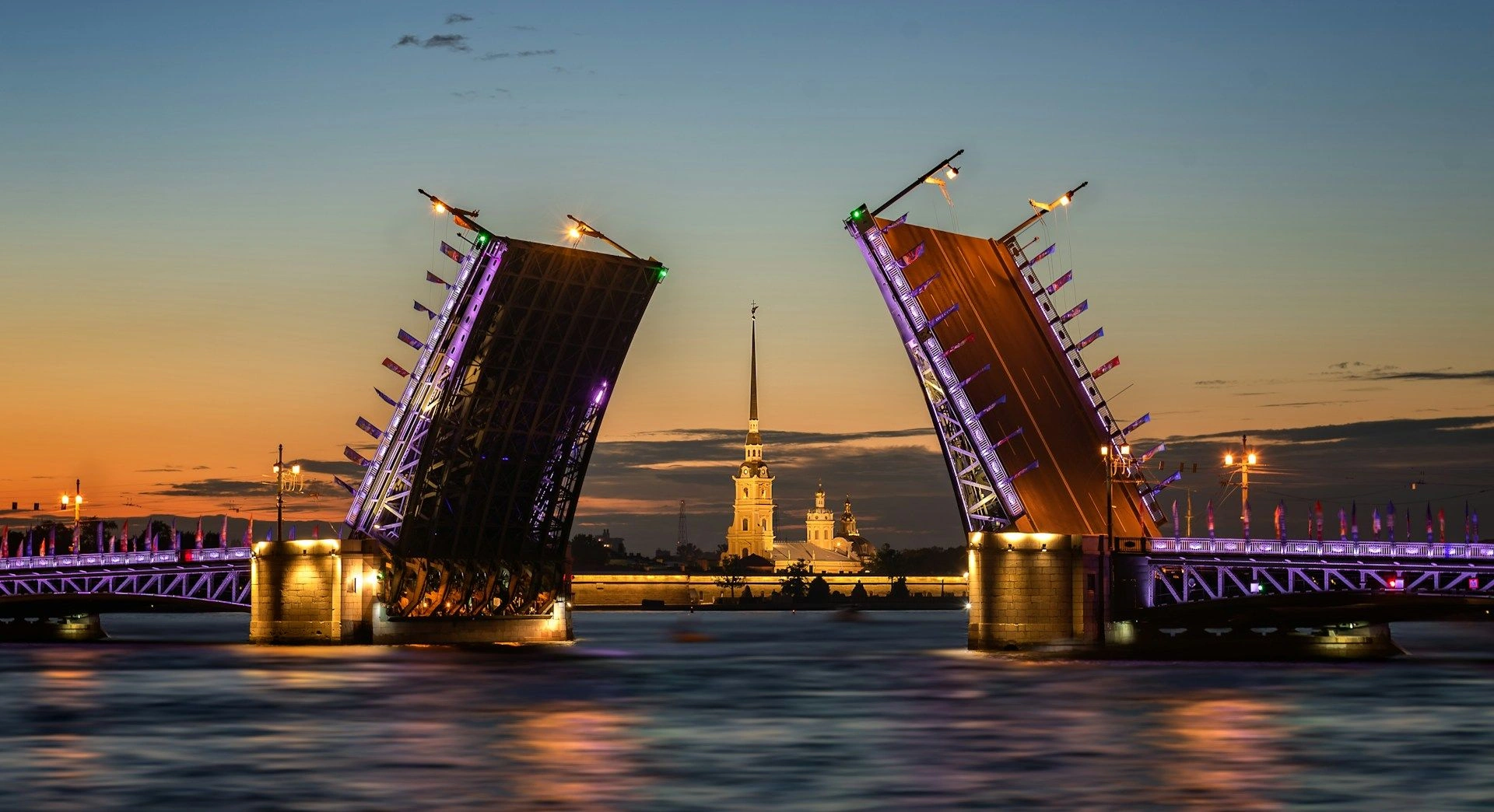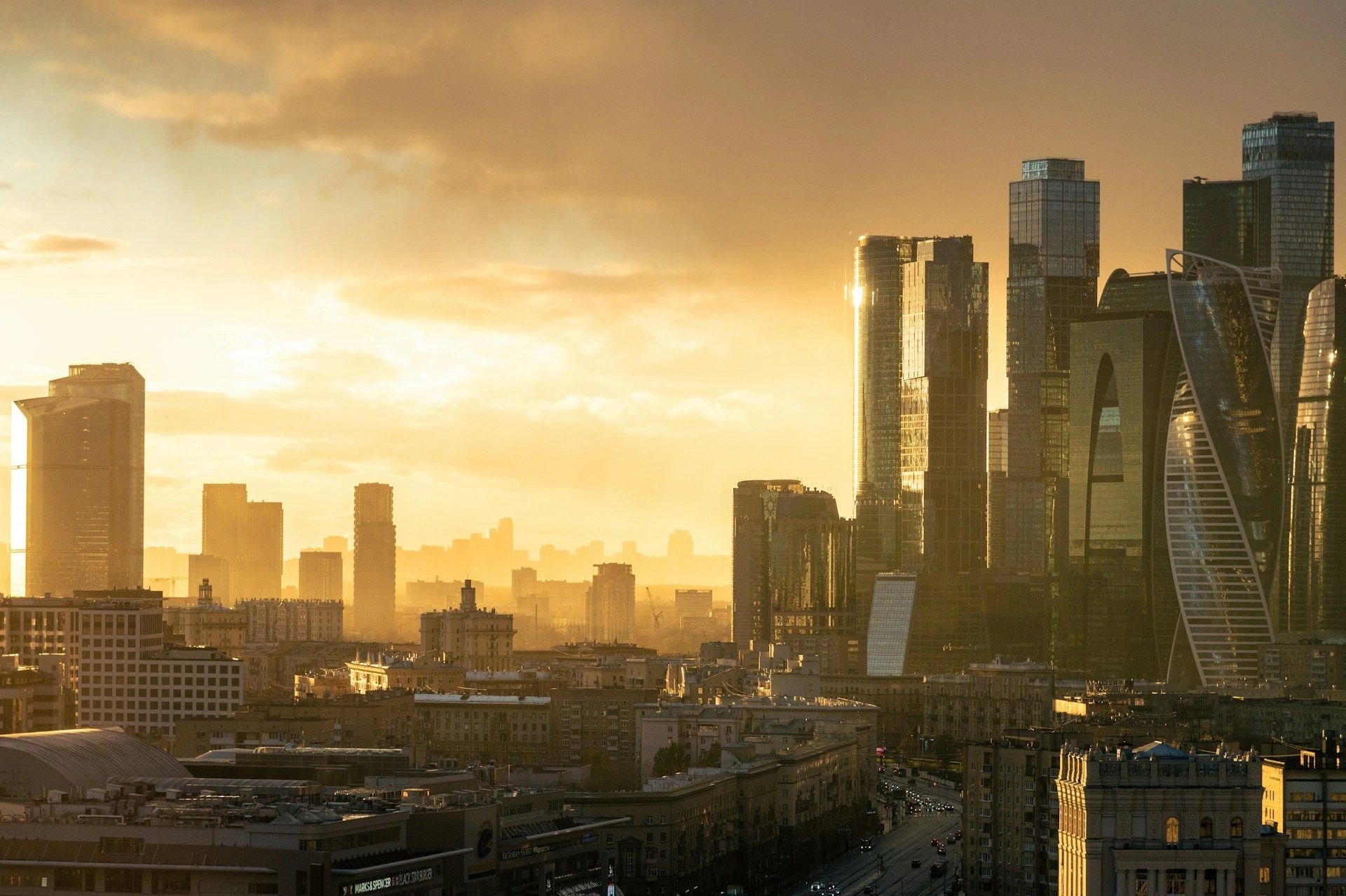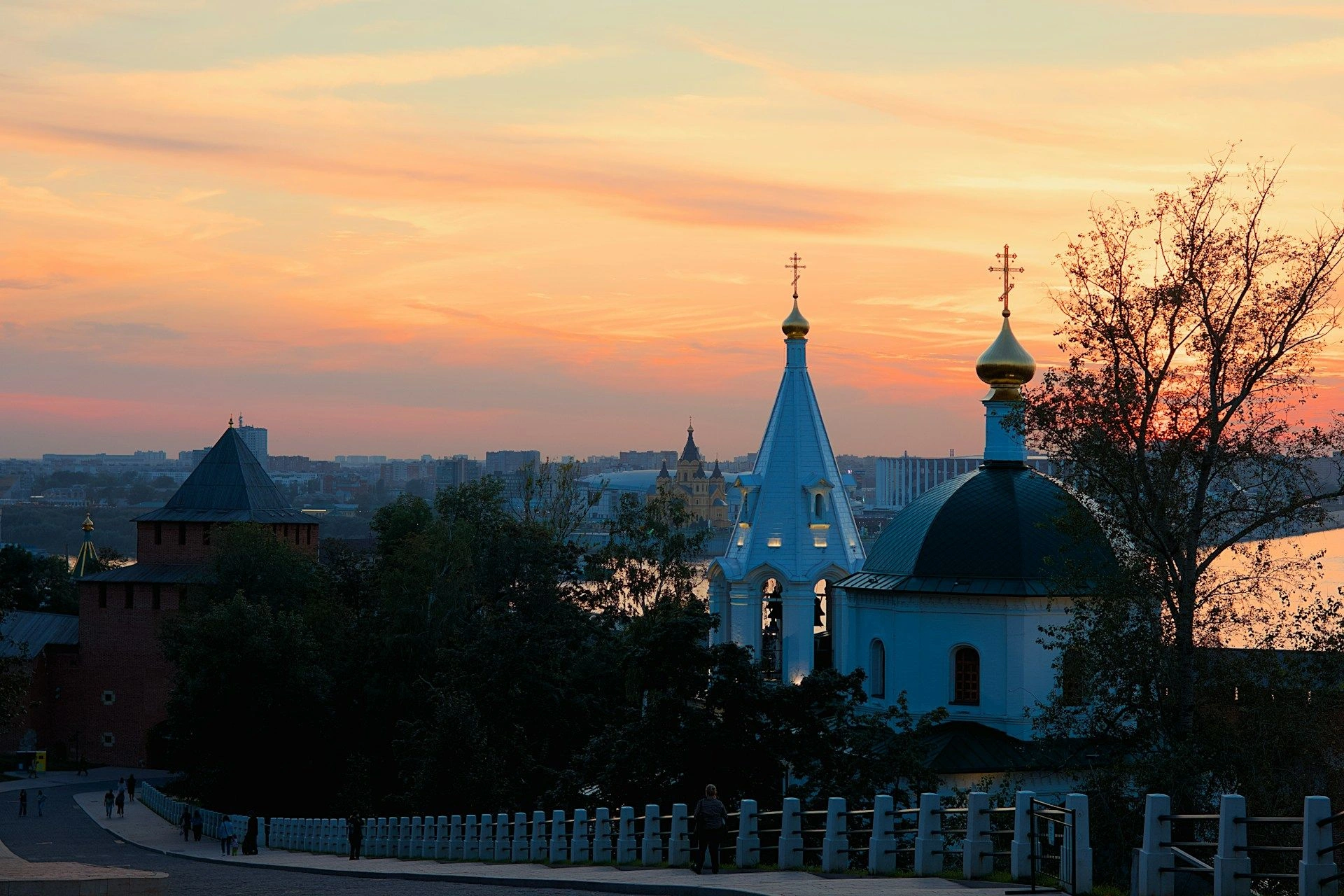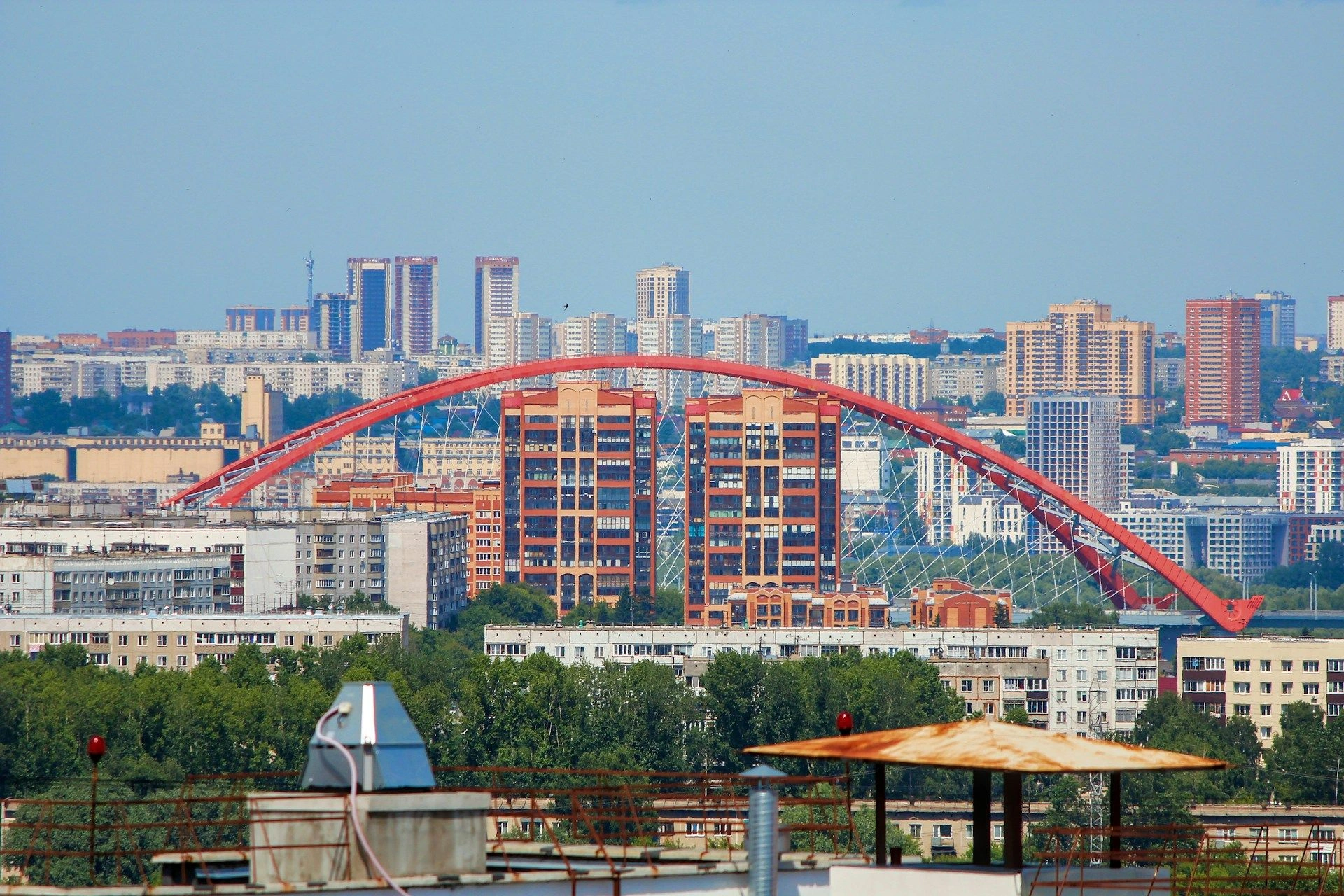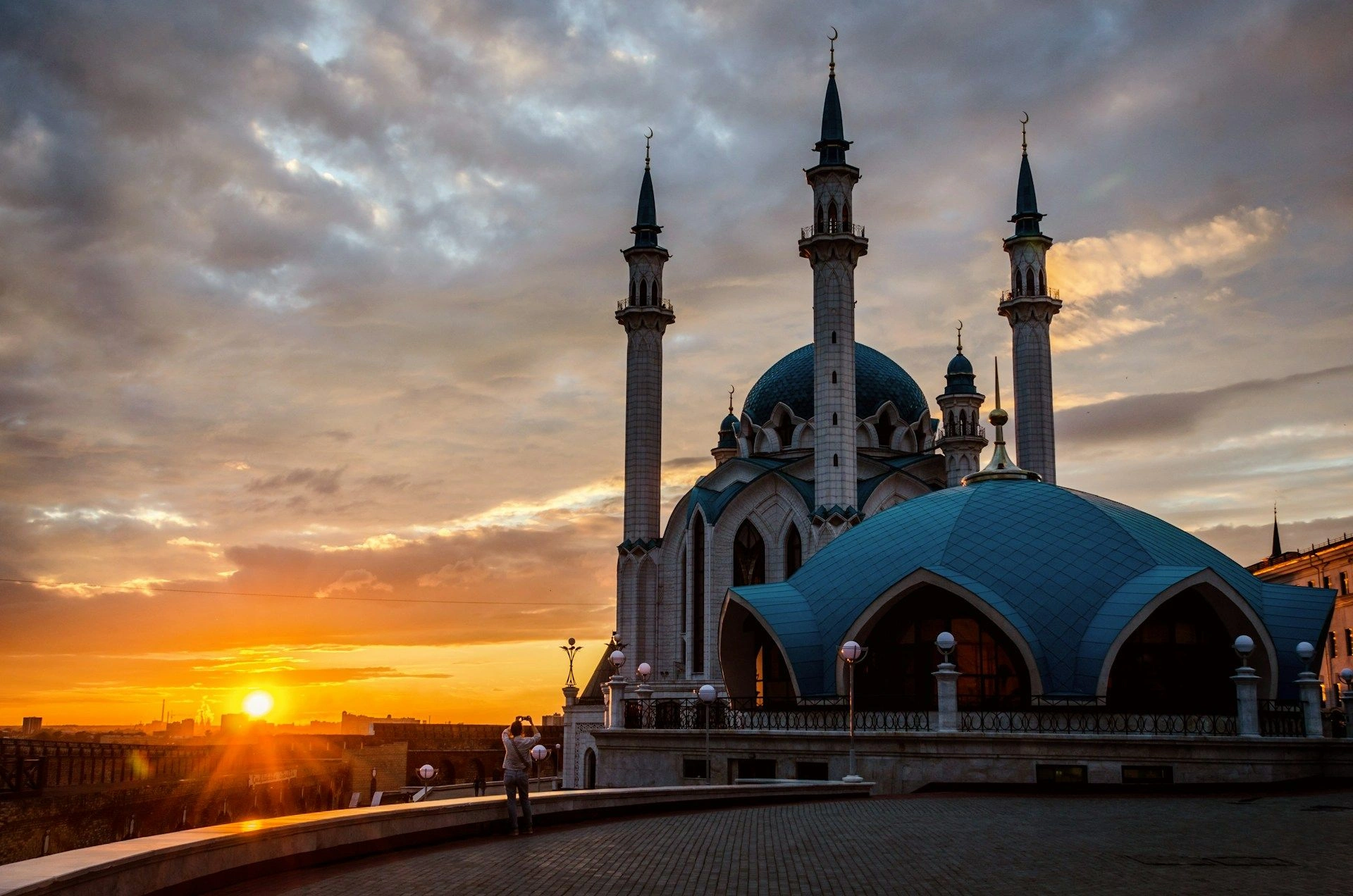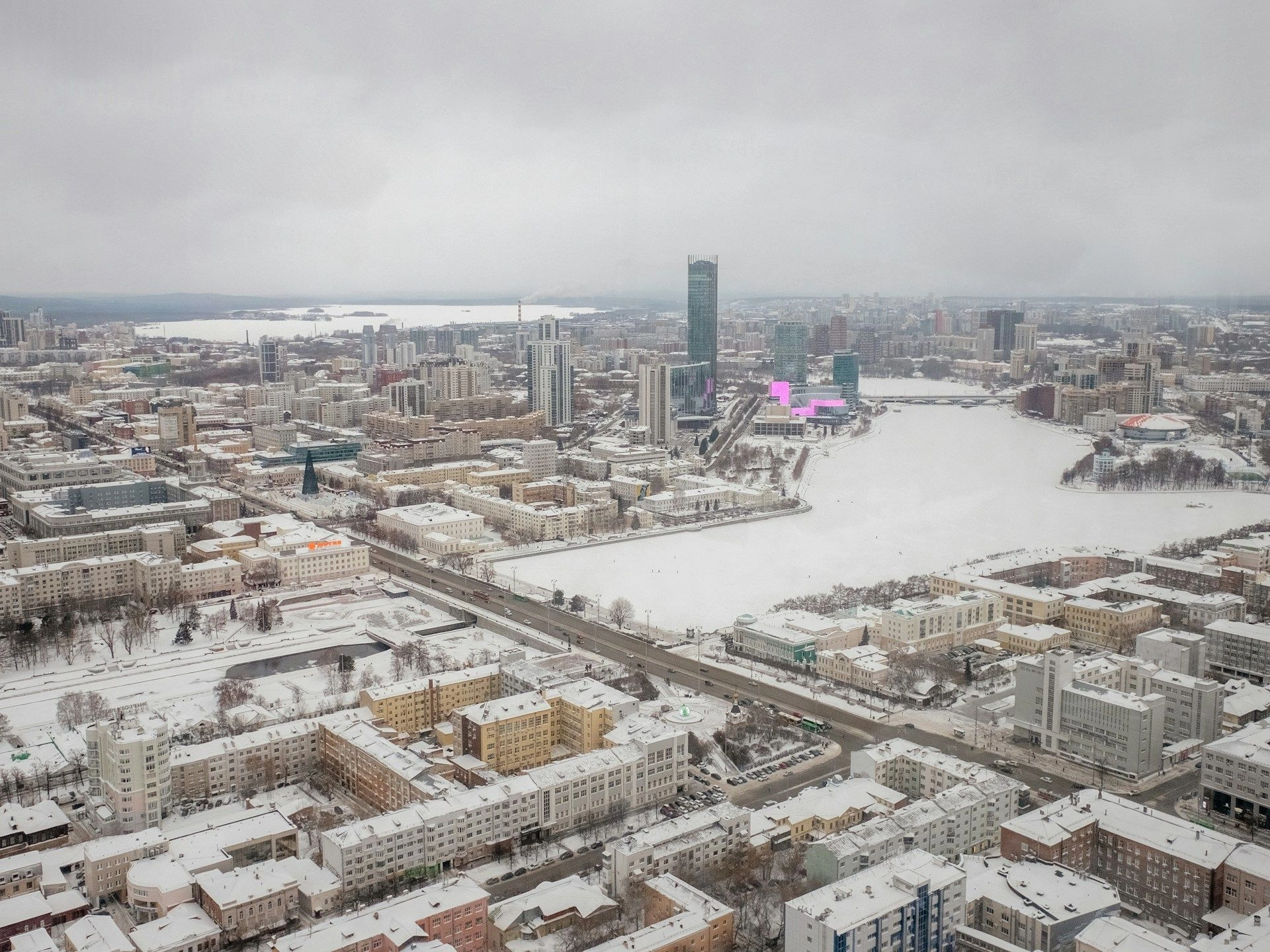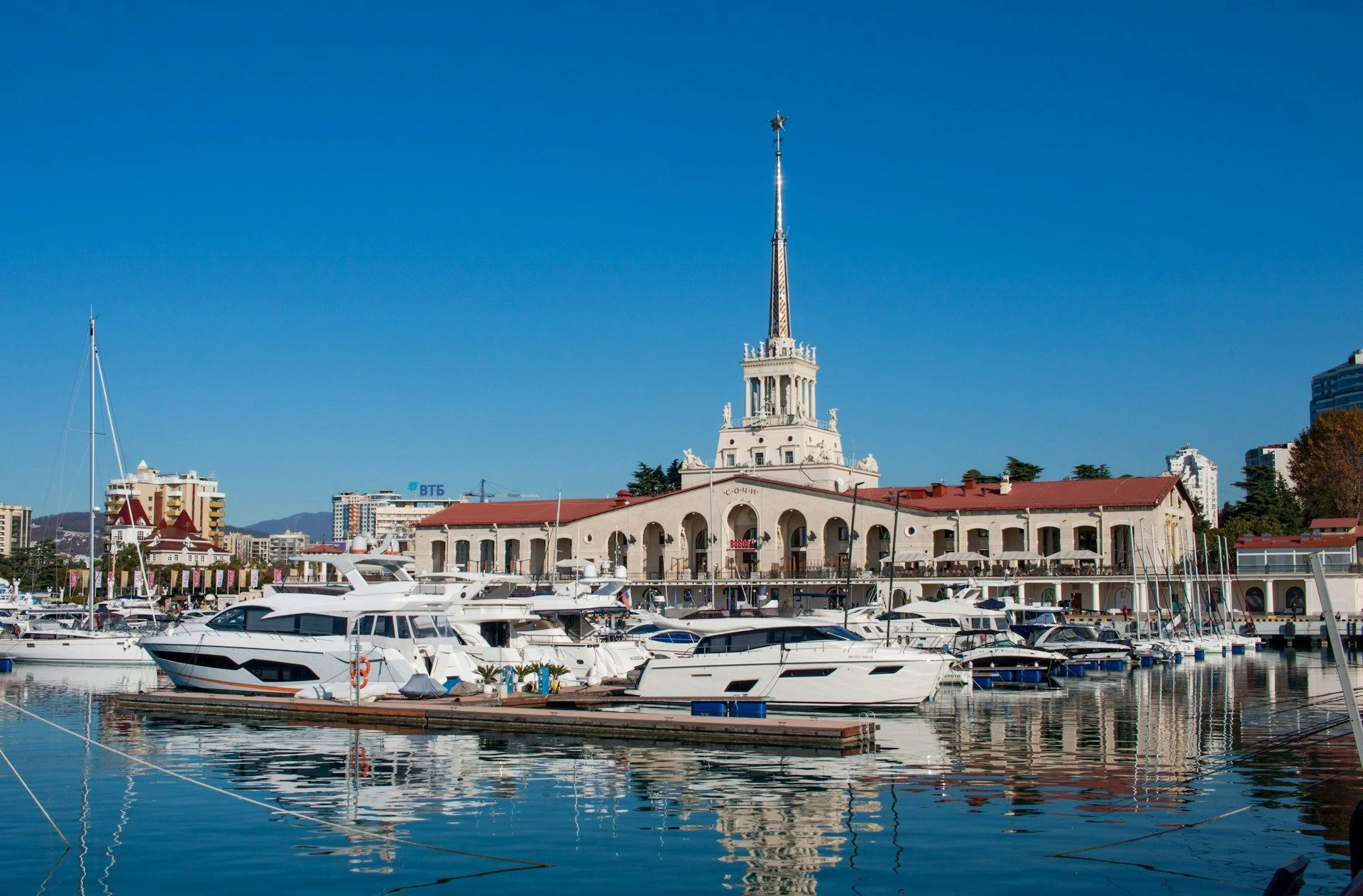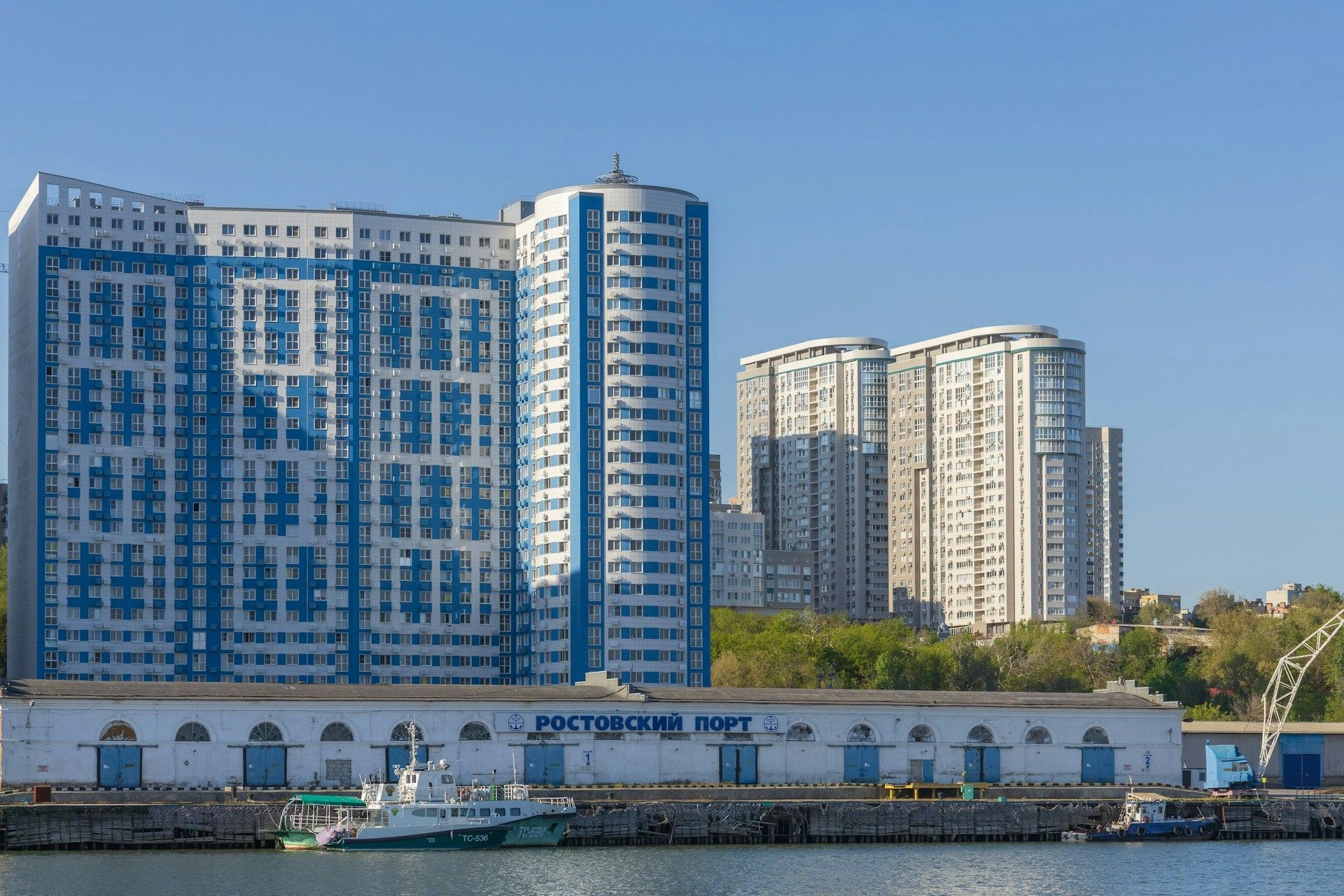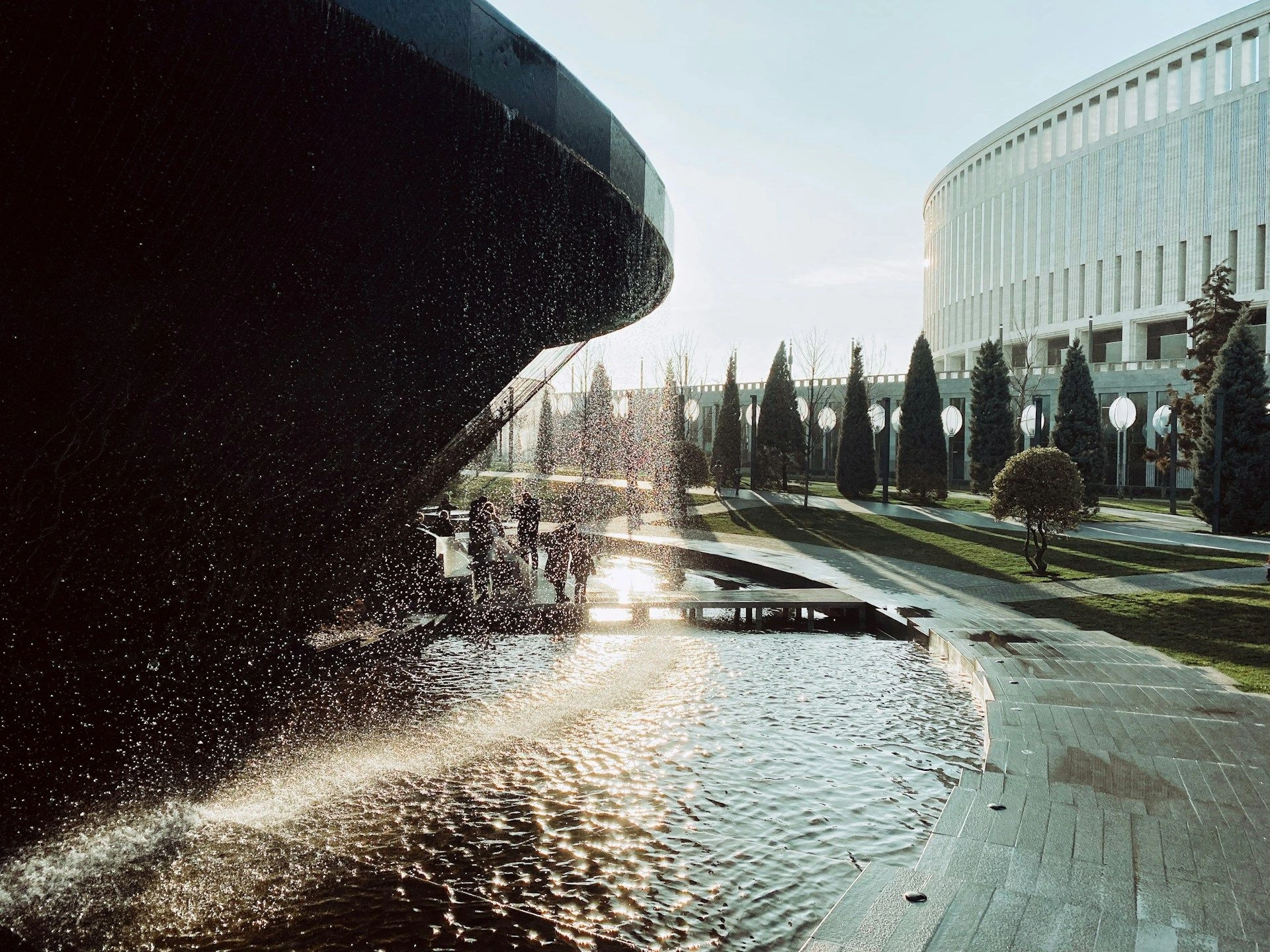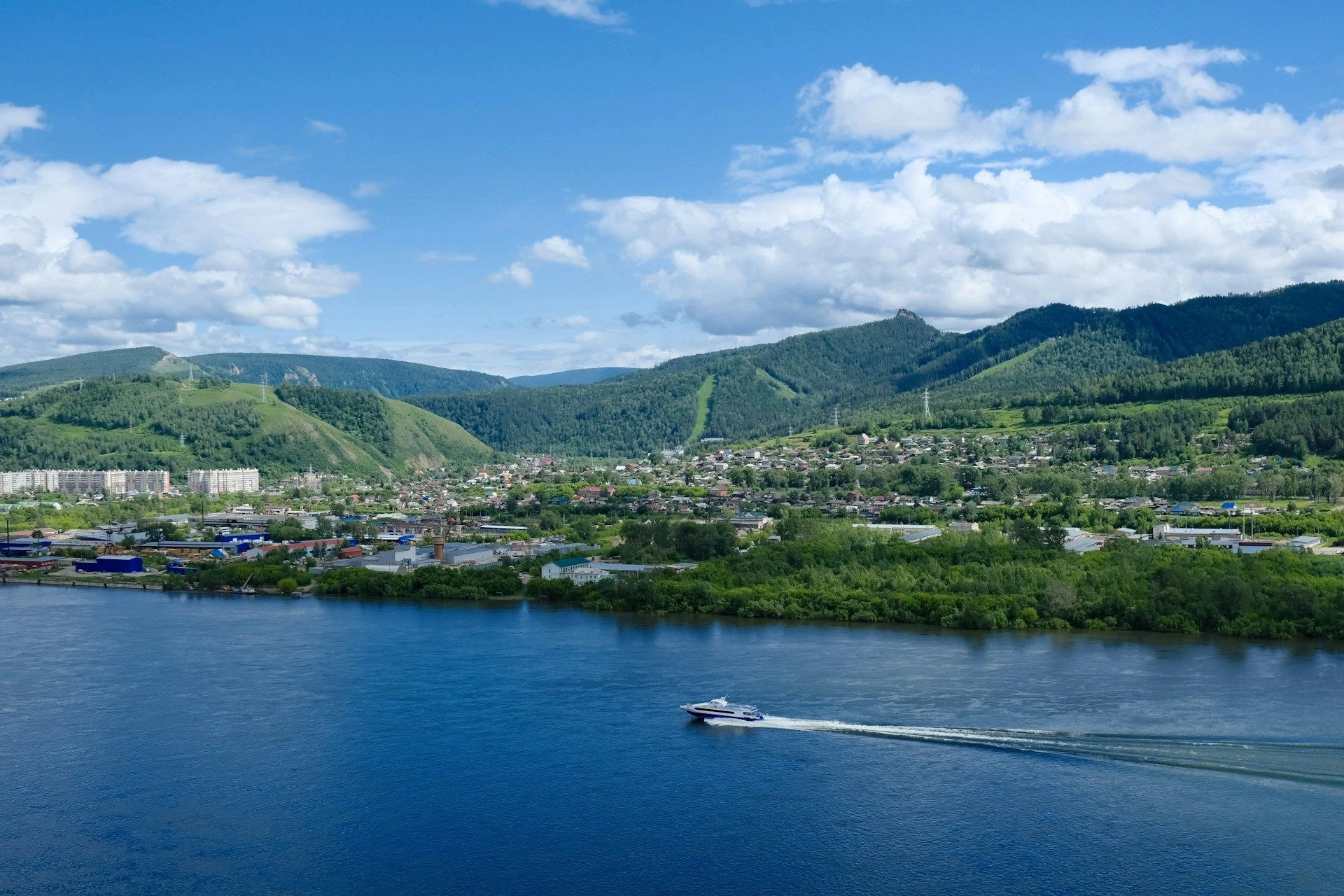Residence permit in RussiaDual-track options with visasHQS or real estate
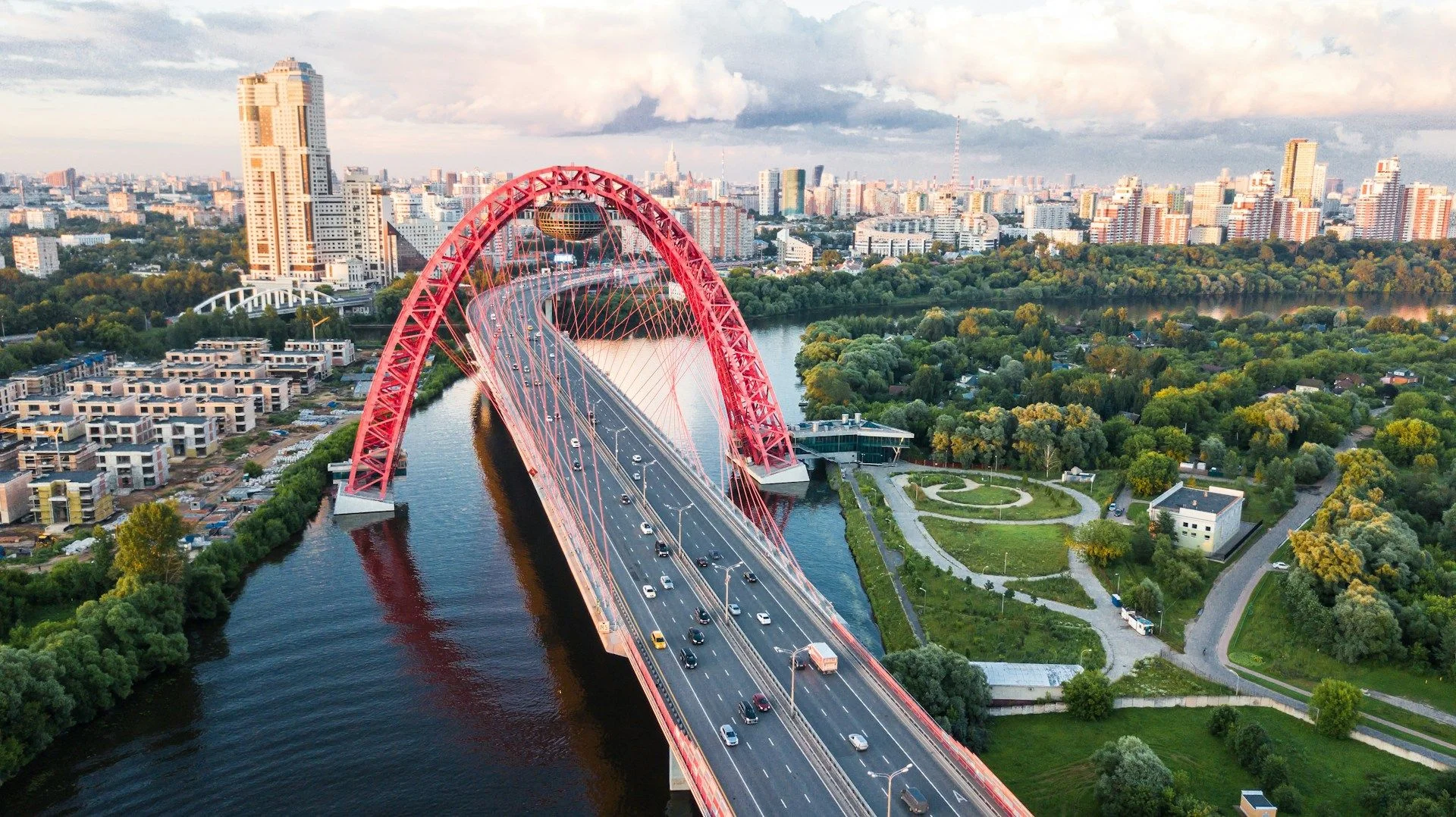
Popular
cities and regions in Russia
Advantages of residence
permit in Russia
Residence via real estate or employment
Foreigners may obtain residence by purchasing property or becoming Highly Qualified Specialists. Each pathway offers legal stay and access to essential services.
Citizenship from long-term status or marriage
Applicants can qualify through permanent residence, Russian spouse, or investment. No integration tests required for native Russian speakers or CIS nationals.
Institutional clarity despite changing regulations
Regional migration offices apply federal rules with consistency. VelesClub Int. ensures filings stay compliant amid evolving residency and citizenship laws.
Residence via real estate or employment
Foreigners may obtain residence by purchasing property or becoming Highly Qualified Specialists. Each pathway offers legal stay and access to essential services.
Citizenship from long-term status or marriage
Applicants can qualify through permanent residence, Russian spouse, or investment. No integration tests required for native Russian speakers or CIS nationals.
Institutional clarity despite changing regulations
Regional migration offices apply federal rules with consistency. VelesClub Int. ensures filings stay compliant amid evolving residency and citizenship laws.

Useful articles
and recommendations from experts
Residence and Citizenship in Russia: Legal Pathways Through Property, Employment, and Status
Overview: Why Russia remains open to foreign residents and investors
Russia offers multiple structured pathways to residence and citizenship, even amid shifting geopolitical dynamics. Foreign nationals can secure legal stay through real estate purchases, employment as Highly Qualified Specialists (HQS), family ties, or long-term status. The country’s vast geography, low property costs in many regions, and legal frameworks make it accessible to select applicants seeking relocation, business expansion, or a second citizenship.
While international sanctions affect certain nationalities and transactions, Russia has streamlined internal processes for eligible applicants from CIS countries, friendly states, and those with Russian roots or business interests. Real estate remains a viable basis for residence — especially in regions with local development incentives or simplified permit schemes.
Legal residence options for foreigners in Russia
Foreign citizens may apply for temporary or permanent residence in Russia through several routes:
- Temporary Residence Permit (TRP): Often allocated via quotas or for specific grounds (marriage, Russian relatives, education). Valid for 3 years.
- Permanent Residence Permit (PRP): Granted after 1 year under TRP or immediately in select cases (e.g. native speakers, Russian-born individuals, investors).
- HQS employment: Highly Qualified Specialists earning ₽167,000/month or more can get fast-track residence with employer sponsorship.
- Real estate ownership: In certain regions, owning property may support residence filings, especially if coupled with income or tax base.
The residence permit allows full legal stay, registration of address, access to healthcare, education, and financial services. Holders may freely enter and exit Russia during validity. Family members may apply as dependents.
Citizenship pathways and eligibility criteria
Citizenship may be granted to foreigners who meet one or more of the following conditions:
- 5 years of continuous residence under PRP, with tax compliance
- 3 years of marriage to a Russian citizen with cohabitation
- Birth in the former USSR or Russian parent
- Graduation from a Russian university and work experience
- Investment or business activity in priority sectors
- Native speaker program (accelerated for Russian-speaking CIS nationals)
Applicants must submit a citizenship application to the Ministry of Internal Affairs (MVD), pass a Russian language test (waived in some cases), and show legal income. Dual citizenship is allowed under Russian law but may require reporting to authorities.
Naturalization typically takes 6–12 months. Certain fast-track paths reduce waiting periods to 1–3 months, particularly for family-based and high-skilled categories.
Real estate as a legal basis in Russia
While Russia does not yet have a formal “citizenship by investment” program, real estate can support residence applications in various ways:
- Supporting document for income and asset base
- Basis for address registration and legal presence
- Part of investment criteria for PRP or regional incentives
Foreigners may purchase apartments, houses, or land in most Russian regions, excluding border security zones. Ownership requires a notarized sale contract, tax ID (INN), and land registry entry. Property alone does not guarantee residence but may support other legal arguments — especially for applicants from CIS countries or with Russian family ties.
Popular regions for real estate-supported migration include Moscow, Saint Petersburg, Sochi, Kazan, Kaliningrad, and Far Eastern development zones. Property costs vary widely, from $500/m² in remote towns to $4,000/m² in central Moscow. Rental income is taxable at 13% for tax residents or 30% for non-residents.
Costs, procedures, and documentation
Applicants for residence or citizenship in Russia must prepare the following:
- Valid passport with translation and apostille (if applicable)
- Proof of income, employment, or property ownership
- Russian tax ID (INN)
- Medical certificates and HIV test
- Language exam (waived for some citizenship paths)
- Official address registration (propiska)
Estimated costs:
- TRP/PRP filing fee: ₽1,600–₽5,000
- Notarized translations and medicals: ₽10,000–₽25,000
- Legal services: ₽50,000–₽150,000 depending on complexity
Processing times:
- TRP: 2–4 months (or less for non-quota cases)
- PRP: 2–6 months
- Citizenship: 3–12 months depending on grounds
VelesClub Int. assists applicants in compiling documents, coordinating translations, preparing filings, and attending MVD appointments. We monitor deadlines and adapt filings to evolving legal interpretations and regional variations.
Regional variations and institutional support
Russia’s migration system is federally governed, but regional departments may interpret rules differently. For example, some cities require more detailed income declarations or limit access to address registration. VelesClub Int. works with verified legal partners across Moscow, Saint Petersburg, Kaliningrad, Kazan, and Sochi to ensure filings meet local standards.
In regions with special investment status — such as the Far East or Kaliningrad SEZ — investors may access simplified procedures or long-term permits based on economic activity. These cases require specific business structuring, often involving company formation or land use commitments.
Institutional support is stable: the Ministry of Internal Affairs processes filings predictably, and key stages are trackable. While political context creates variability in foreign relations, internal legal systems remain functional and well-documented.
Popular cities for relocation and their profiles
Foreign applicants often choose major Russian cities for legal stay based on career, education, or family factors. Moscow is preferred for international business and diplomatic proximity, offering a strong legal infrastructure. Saint Petersburg attracts students, academics, and cultural professionals due to its universities and historic setting. Kazan and Yekaterinburg appeal to IT professionals and industrial investors, with relatively affordable housing and modern migration offices. Sochi, despite being a resort town, offers year-round accessibility and is increasingly used for remote work filings. Kaliningrad provides unique visa access for certain EU citizens and simplified border procedures. Each of these cities supports regional filing centers and property options that align with residence strategies.
Future legislative changes and digital reforms
As of 2025, Russia is discussing updates to its migration code, with proposals for digital residence permits, streamlined citizenship for IT specialists, and automatic PRP conversion after 2 years of compliant residence. These changes reflect a shift toward professional retention and long-term integration for applicants with ties to Russian education or property markets. VelesClub Int. monitors legislative drafts to adapt client filings in real time.
How VelesClub Int. supports applicants in Russia
VelesClub Int. offers complete support for residence and citizenship procedures in Russia, including:
- Initial legal assessment and strategy selection
- Real estate search and title verification
- Company formation and tax registration
- Document translation, notary, and medical coordination
- Full representation in MVD and immigration offices
- Post-approval services: renewals, relocation, compliance
Our partners in Russia maintain up-to-date knowledge of filing practices, recent changes in law, and regional implementation trends. Whether pursuing status through real estate, employment, or family, we ensure legal compliance and procedural efficiency.
Conclusion: Why Russia remains a viable destination for legal status
Despite global complexities, Russia continues to provide legal residence and citizenship pathways for eligible applicants — particularly from CIS, MENA, and Asia. With its diverse economy, regional incentives, and low-cost property market, Russia allows structured entry for those who plan strategically. VelesClub Int. provides full-cycle support across cities and status types, ensuring legal success, minimal risk, and informed navigation of Russia’s evolving migration landscape.
